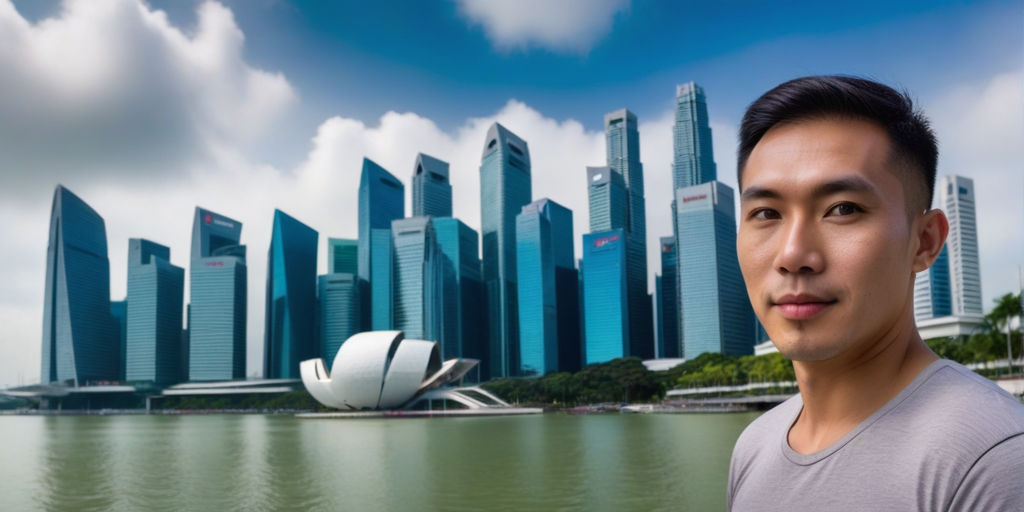
If you’re a foreigner looking to buy property in Singapore, you’ll be happy to know that it’s possible. While there are restrictions and eligibility criteria to consider, owning a property in Singapore can be a great investment opportunity. In this article, we’ll explore the process of buying property in Singapore as a foreigner, including the various types of properties available and financial considerations to keep in mind.
Eligibility criteria for foreigners looking to buy property in Singapore include holding a valid work visa or being a permanent resident. Additionally, there are certain types of properties that foreigners are restricted from purchasing, such as HDB flats and land zoned for residential use. However, there are still a variety of options available, including condominium units and commercial properties.
Navigating the property buying process in Singapore can be complex, but with the right guidance and preparation, it can be a smooth and successful experience. In this article, we’ll provide you with all the information you need to know to make an informed decision about buying property in Singapore as a foreigner.
Key Takeaways
- Foreigners can buy property in Singapore, but there are eligibility criteria and restrictions to consider.
- Condominium units and commercial properties are among the options available to foreign buyers.
- Navigating the property buying process can be complex, but with the right guidance and preparation, it can be a successful experience.
Eligibility Criteria for Foreigners
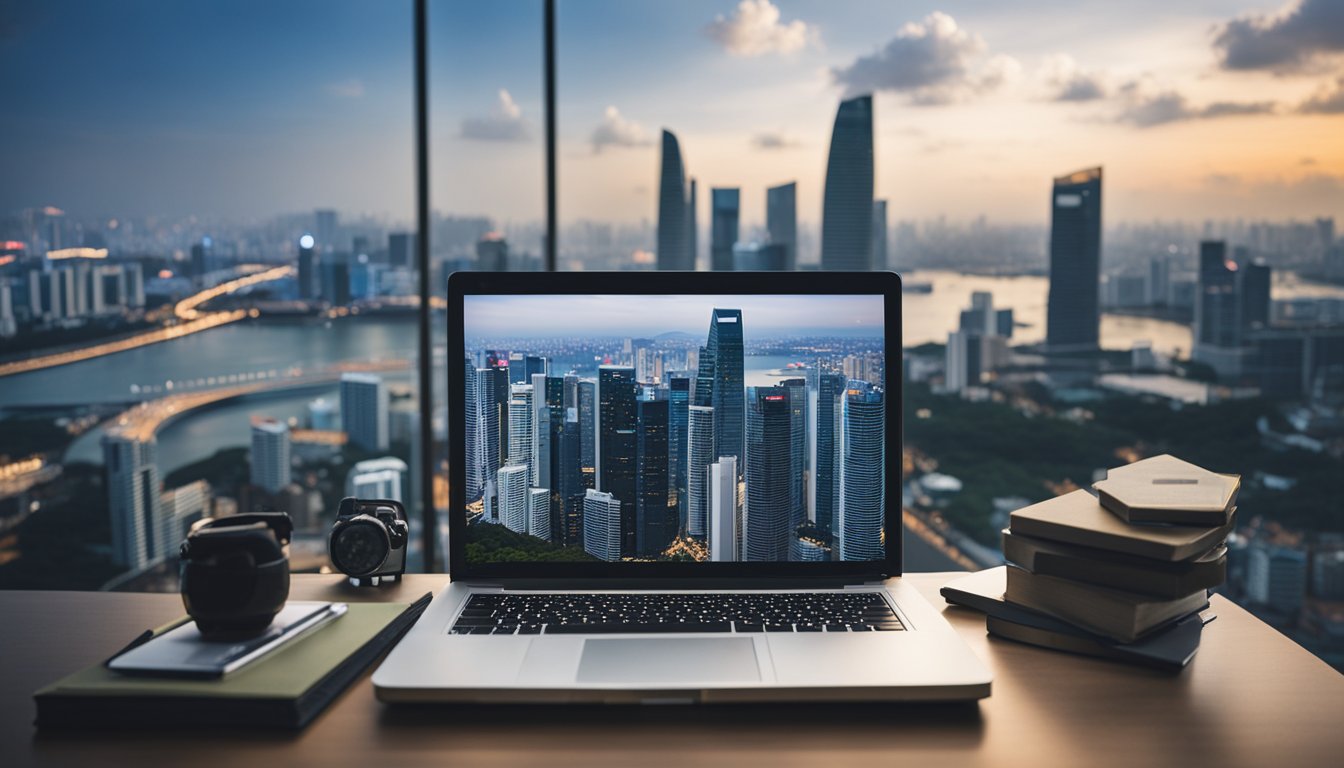
If you are a foreigner looking to buy property in Singapore, there are certain eligibility criteria that you need to meet. Here are some of the key factors that you need to consider:
Permanent Resident Status
If you are a Permanent Resident (PR) in Singapore, you are eligible to buy property just like a Singaporean citizen. However, if you are not a PR, you will need to meet certain criteria to be able to purchase property in Singapore.
Singapore Land Authority Regulations
The Singapore Land Authority (SLA) is responsible for regulating the ownership of land and property in Singapore. As a foreigner, you will need to obtain approval from the SLA before you can purchase any property in Singapore. The SLA has strict guidelines in place to ensure that foreigners do not own too much land or property in the country.
Residential Property Act and Planning Act Guidelines
The Residential Property Act (RPA) and the Planning Act are two key pieces of legislation that govern the ownership of property in Singapore. The RPA sets out the rules and regulations for the ownership of residential property in Singapore, while the Planning Act regulates the use of land and property in the country.
Under the RPA, foreigners are not allowed to purchase certain types of property without prior approval from the government. These include vacant residential land, terrace houses, semi-detached houses, bungalows/detached houses, strata landed houses, shophouses (for non-commercial use), association premises, and places of worship.
It is important to note that the rules and regulations governing the ownership of property in Singapore are subject to change. Therefore, it is advisable to seek professional advice before making any property purchase in Singapore.
Overall, buying property in Singapore as a foreigner can be a complex process, but with the right guidance and advice, it is possible to navigate the system and find your dream home in this exciting city-state.
Types of Properties Available to Foreigners
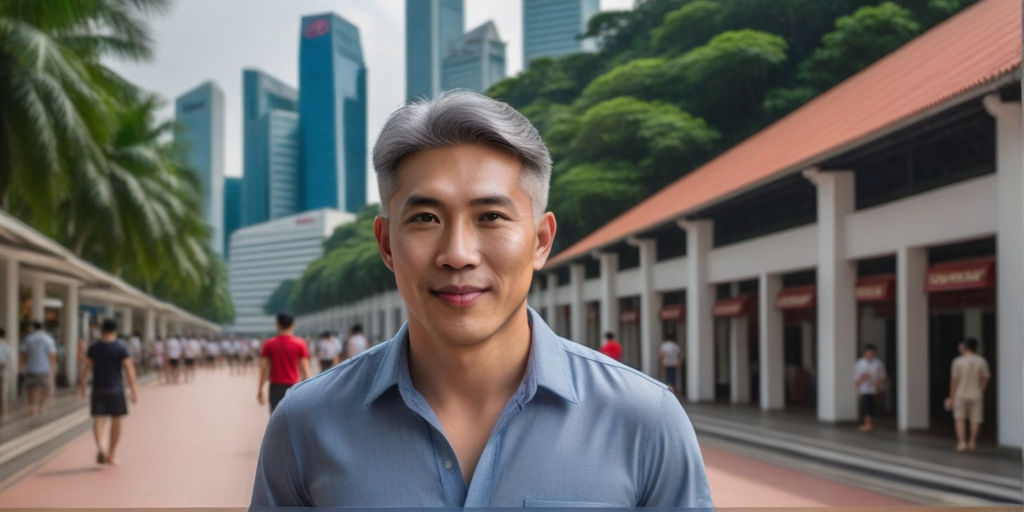
If you are a foreigner looking to buy a property in Singapore, you will be happy to know that there are several options available to you. Singapore has a well-developed real estate market that offers a wide range of properties to suit different budgets and preferences. In this section, we will explore the various types of properties available to foreigners.
HDB Flats and Executive Condominiums
Housing and Development Board (HDB) flats are public housing units that are subsidized by the government. These flats are available to both Singaporeans and foreigners. However, there are certain eligibility criteria that foreigners must meet before they can buy an HDB flat. For example, you must have a valid work permit or employment pass, and you must not own any other property in Singapore or overseas.
Executive Condominiums (ECs) are a type of public-private hybrid housing that combines the affordability of HDB flats with the amenities of private condominiums. ECs are available to Singaporeans and Permanent Residents (PRs) during the initial launch period. After that, they become available to foreigners as well.
Private Condominiums and Apartments
If you are looking for a more upscale property, you can consider buying a private condominium or apartment. These properties are available to both Singaporeans and foreigners. Private condos and apartments offer a wide range of amenities, such as swimming pools, gyms, and 24-hour security.
Landed Properties and Restricted Zones
Landed properties, such as bungalows and semi-detached houses, are available to both Singaporeans and foreigners. However, there are certain restrictions on where foreigners can buy landed properties. For example, foreigners are not allowed to buy properties in certain restricted zones, such as Sentosa Cove.
In conclusion, as a foreigner, you have several options when it comes to buying a property in Singapore. Whether you are looking for an HDB flat, an executive condominium, a private condo, or a landed property, there is something for everyone. Just make sure you meet the eligibility criteria and are aware of the restrictions before making your purchase.
Financial Considerations
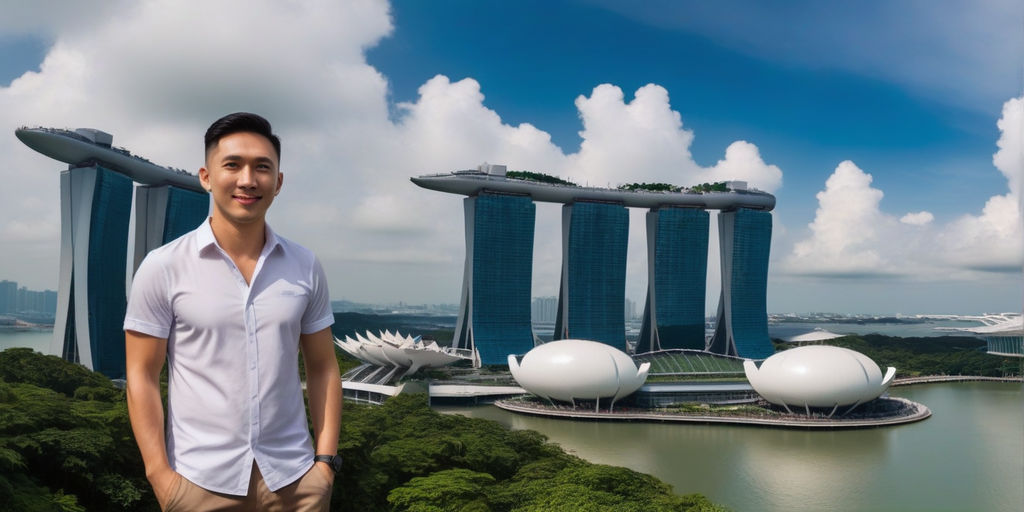
If you’re a foreigner looking to buy property in Singapore, there are several financial considerations you need to keep in mind. In this section, we’ll go over some of the key factors that can impact your purchase.
Understanding Market Value and Taxes
Before you start your property search, it’s important to have a good understanding of the current market value of properties in Singapore. This will help you determine whether a property is priced fairly and whether it’s a good investment.
In addition to market value, you’ll also need to consider taxes. The Inland Revenue Authority of Singapore (IRAS) imposes several taxes on property purchases, including buyer stamp duty and additional buyer stamp duty. These taxes can add up quickly, so it’s important to factor them into your budget.
Mortgages and Home Loans
If you need financing to purchase your property, you’ll need to apply for a mortgage or home loan. As a foreigner, you’ll only be eligible for a bank loan in Singapore. You can get up to 75% financing on the property’s purchase price, but keep in mind that bank loans are subject to floating rates, meaning their interest rate can go higher or lower depending on the market.
It’s also worth noting that the loan-to-value (LTV) ratio for foreign buyers is typically lower than for Singapore citizens and permanent residents. This means you’ll need to put down a larger down payment upfront.
Stamp Duties and Legal Fees
Stamp duties and legal fees are another important consideration when buying property in Singapore. The buyer stamp duty and additional buyer stamp duty can add up to tens of thousands of dollars, so it’s important to factor them into your budget.
In addition to stamp duties, you’ll also need to pay legal fees. These fees cover the cost of hiring a lawyer to handle the legal aspects of your property purchase, such as drafting and reviewing contracts.
To get an estimate of the stamp duties and legal fees you’ll need to pay, you can use a stamp duty calculator. Keep in mind that these calculators are only estimates, and the actual fees you’ll need to pay may be higher or lower depending on your specific situation.
Overall, buying property in Singapore as a foreigner can be a complex process, but with the right financial planning and preparation, it can be a rewarding investment.
Navigating the Property Buying Process
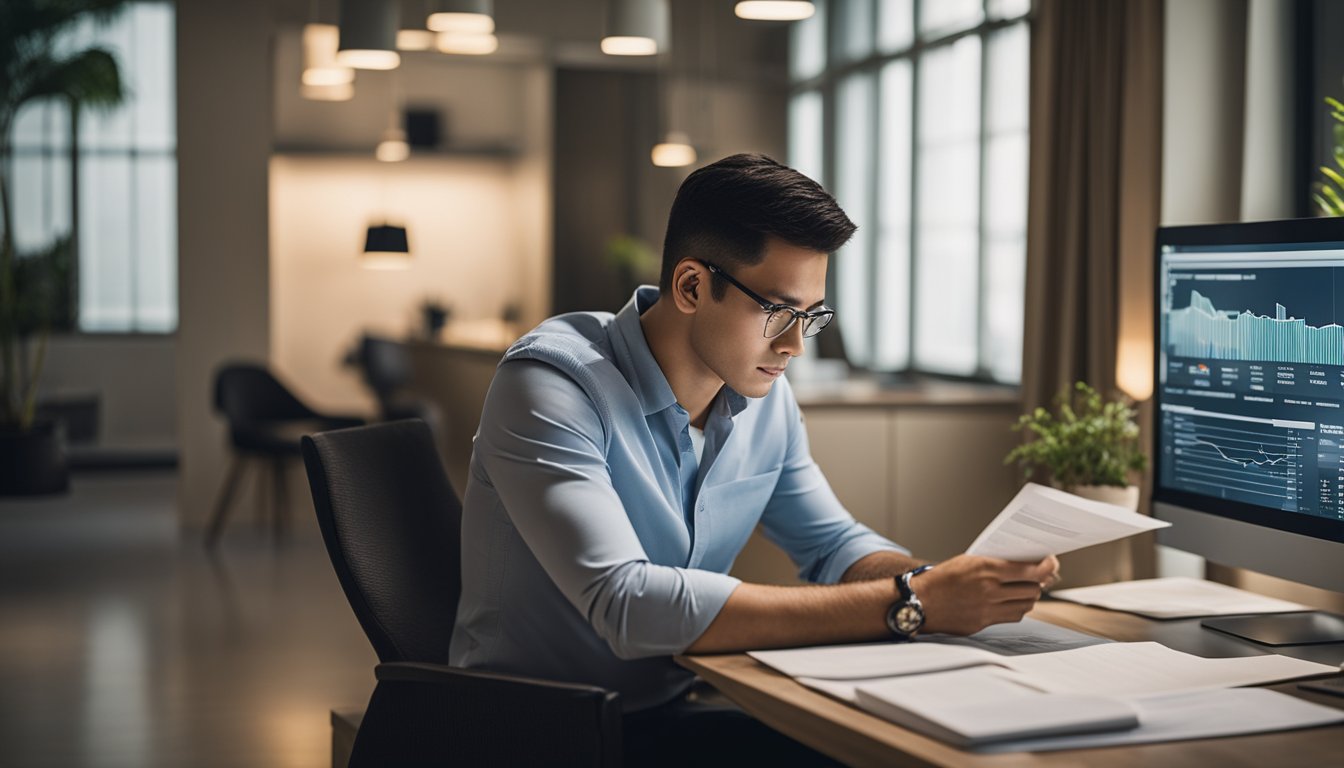
Congratulations! You’ve decided to buy a property in Singapore. The process may seem daunting at first, but with the right guidance, you’ll be able to navigate it with ease. Here’s a breakdown of what you need to know:
Engaging a Property Agent
The first step to buying a property in Singapore is to engage a property agent. A reliable and experienced agent can help you navigate the complex regulations and paperwork involved in the process. They can also help you find properties that meet your specific requirements. Look for agents who are registered with the Council for Estate Agencies (CEA) and have a good track record.
Property Viewing and Selection
Once you have engaged a property agent, they will help you view and select properties that meet your needs. Singapore offers a variety of property types, including apartments, landed properties, and commercial properties. You can also choose between new developments and resale properties. Your agent will help you narrow down your options based on your budget, location preferences, and other factors.
Completing the Transaction
Once you have found a property that you like, you will need to make an offer. Your agent will help you negotiate the price and terms of the transaction. You will also need to engage a solicitor to handle the legal aspects of the transaction. If you are a foreigner, you will need to obtain approval from the Land Dealings Approval Unit (LDAU) before you can complete the transaction. Your agent and solicitor can guide you through this process.
In conclusion, buying property in Singapore can seem overwhelming, but with the right guidance, it can be a smooth and exciting process. Engage a reliable property agent, view and select properties that meet your needs, and complete the transaction with the help of a solicitor. Keep in mind the regulations and restrictions that apply to foreign buyers in the Singapore property market.
Investment Potential and Market Trends
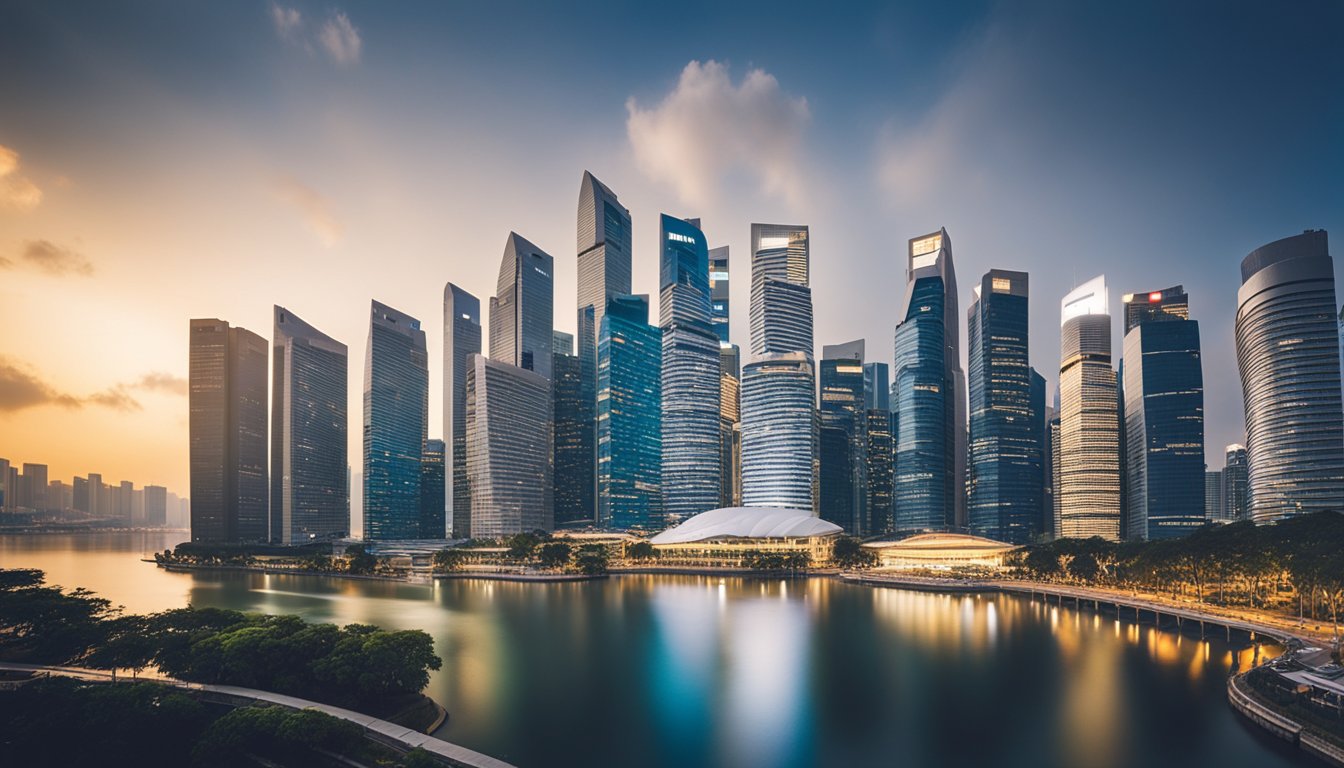
Are you considering investing in Singapore’s property market as a foreigner? Singapore has long been a popular destination for property investment due to its stable economy and political climate. In this section, we will discuss the investment potential and market trends of Singapore’s property market.
Economic Contribution and Political Stability
Singapore’s economy has been growing steadily over the years, with a GDP growth rate of 6.5% in 2022. As a foreigner, investing in Singapore’s property market can be a good way to contribute to the country’s economy while also potentially earning a profit. Additionally, Singapore has a stable political climate, which provides a safe and secure environment for property investment.
Property Market Trends and Pandemic Impact
The pandemic has had a significant impact on Singapore’s property market, with property prices experiencing a decline in 2020. However, the market has since recovered, and property prices have been steadily rising. As of December 2023, the overall property price index has increased by 3.8% compared to the previous year.
Future Prospects and Cooling Measures
Looking ahead, Singapore’s property market is expected to remain stable, with the government implementing cooling measures to prevent property prices from rising too quickly. In April 2023, the government introduced new cooling measures, which included raising the Additional Buyer’s Stamp Duty (ABSD) rates for both individuals and entities purchasing residential properties. These measures are expected to moderate the property market and prevent a property bubble from forming.
In conclusion, investing in Singapore’s property market as a foreigner can be a good way to contribute to the country’s economy while potentially earning a profit. While the pandemic has had an impact on the market, property prices have since recovered and are expected to remain stable in the future. With the government implementing cooling measures, the property market is expected to remain healthy and not experience a bubble.
Additional Considerations for Foreign Buyers
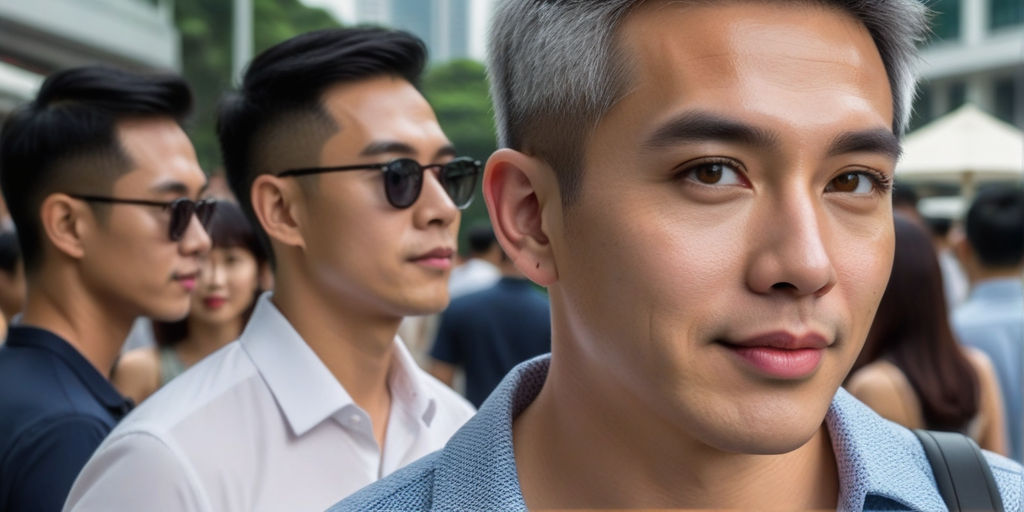
If you are a foreigner looking to buy property in Singapore, there are some additional considerations you need to keep in mind. In this section, we will discuss some of the most important ones.
Ownership Restrictions and Conditions
As a foreigner, you are subject to certain ownership restrictions and conditions when it comes to buying property in Singapore. For example, you cannot buy certain types of properties, such as HDB flats, without meeting certain criteria. Additionally, you may be subject to additional stamp duties and administrative fees.
Financing Options and Affordability
Before you start looking for a property to buy, it’s important to consider your financing options and affordability. You may be able to obtain financing from local banks, but you will need to meet certain eligibility criteria. Additionally, you should use an affordability calculator to determine how much you can afford to spend on a property.
Legal and Administrative Aspects
Finally, it’s important to consider the legal and administrative aspects of buying property in Singapore. You will need to work with a property agent and a lawyer to ensure that all of the necessary paperwork is completed correctly. Additionally, you may be eligible for certain remissions of Additional Buyer’s Stamp Duty (ABSD) if you meet certain criteria.
Overall, buying property in Singapore as a foreigner can be a complex process, but it is possible with the right guidance and preparation. Whether you are interested in foreign investment opportunities or simply looking for a place to call home, Singapore has a lot to offer.
Living in Singapore Post-Purchase
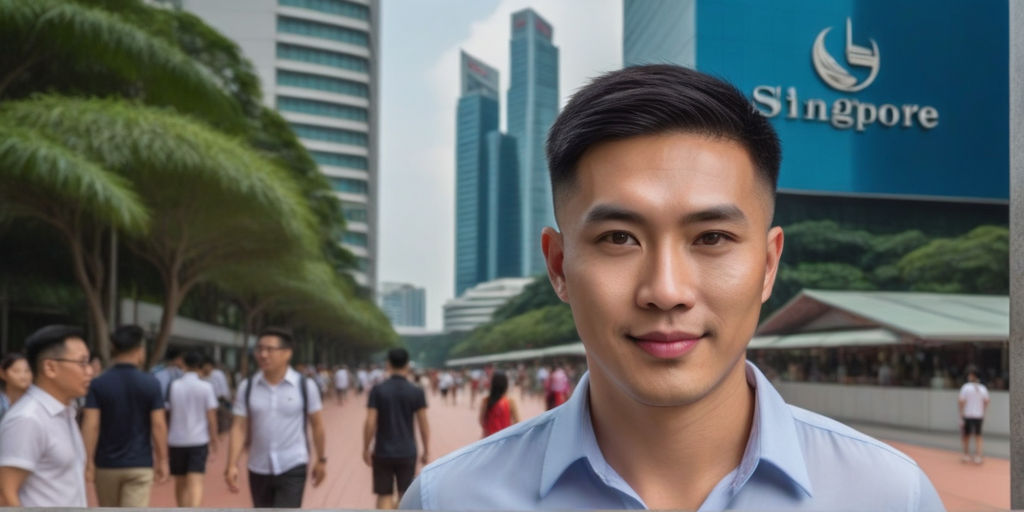
Congratulations on your purchase of a property in Singapore! Now that you have secured your home, it’s time to start thinking about life in Singapore. Here are some considerations to keep in mind as you integrate into Singaporean society, manage your property, and explore rental and resale opportunities.
Integration into Singaporean Society
As a foreigner, it may take some time to adjust to life in Singapore. However, Singapore is known for its welcoming and diverse community, so don’t be afraid to get involved in local activities and events. This is a great way to meet new people and learn more about Singaporean culture.
As a homeowner, you will also have the opportunity to participate in the community through various initiatives and events. This can help you build relationships with your neighbours and contribute to the development of your neighbourhood.
Property Maintenance and Management
As a homeowner, it’s important to keep your property in good condition. This includes regular maintenance and repairs as needed. You may also want to consider hiring a property management company to help you with tasks such as cleaning, landscaping, and maintenance.
If you own an HDB flat, you will need to comply with HDB guidelines for renovations and repairs. This includes obtaining approval from HDB before making any major changes to your property.
Rental and Resale Opportunities
If you are not planning to live in your property full-time, you may want to consider renting it out. This can provide you with rental income and help cover your mortgage payments.
However, it’s important to note that there are restrictions on renting out HDB flats and Executive Condominiums (ECs). For example, you can only rent out your HDB flat after fulfilling the Minimum Occupation Period (MOP) of 5 years. Additionally, you can only rent out your EC after fulfilling the MOP of 5 years and after 10 years, the EC can be sold to foreigners.
If you decide to sell your property, you may be eligible for a resale grant if you are a Singapore Citizen or Singapore Permanent Resident. This can help offset the cost of purchasing your next property.
Overall, owning a property in Singapore can be a great investment and a rewarding experience. By keeping these considerations in mind, you can make the most of your investment and enjoy life in Singapore to the fullest.
Frequently Asked Questions
What’s the scoop on non-Singaporeans snagging freehold properties here?
As a foreigner, you are eligible to purchase freehold properties in Singapore. However, keep in mind that there are certain restrictions and regulations you must follow. It’s essential to work with a reputable real estate agent who can guide you through the process and ensure you’re making a sound investment.
Are there any extra taxes for expats dreaming of a condo in Singapore?
Yes, as a foreigner, you will be subject to additional taxes when purchasing property in Singapore. The Additional Buyer’s Stamp Duty (ABSD) is a tax that’s imposed on foreign buyers and varies depending on the type of property you purchase. It’s essential to factor in these additional costs when budgeting for your property purchase.
Is it possible for overseas property hunters to purchase landed homes in Singapore?
Yes, it is possible for overseas property hunters to purchase landed homes in Singapore. However, you must obtain approval from the Singapore Land Authority’s Land Dealings Approvals Unit (LDAU) before you can proceed with your purchase. Additionally, there are restrictions on the type of land you can purchase, so it’s essential to work with a reputable real estate agent who can guide you through the process.
Can international buyers get their hands on resale HDB flats?
Yes, as a foreigner, you are eligible to purchase resale HDB flats in Singapore. However, you must meet certain eligibility criteria, such as having a valid work visa or being a permanent resident. Additionally, there are restrictions on the type of HDB flats you can purchase, so it’s essential to work with a reputable real estate agent who can guide you through the process.
How does the Additional Buyer’s Stamp Duty (ABSD) affect foreign property enthusiasts in Singapore?
The Additional Buyer’s Stamp Duty (ABSD) is a tax that’s imposed on foreign buyers when purchasing property in Singapore. The amount of tax varies depending on the type of property you purchase. It’s essential to factor in these additional costs when budgeting for your property purchase.
Do foreigners have the green light to buy landed properties on Sentosa Cove?
Yes, foreigners are allowed to purchase landed properties on Sentosa Cove. However, you must obtain approval from the Singapore Land Authority’s Land Dealings Approvals Unit (LDAU) before you can proceed with your purchase. Additionally, there are restrictions on the type of land you can purchase, so it’s essential to work with a reputable real estate agent who can guide you through the process.

